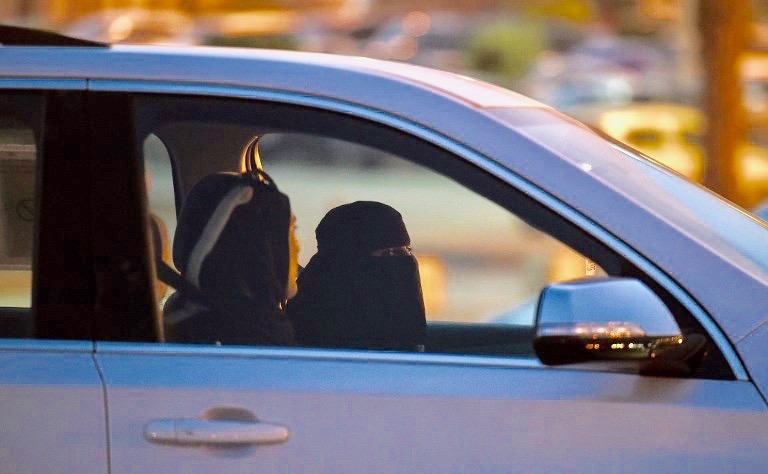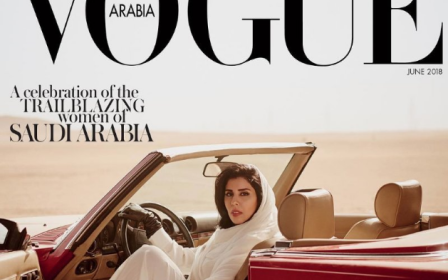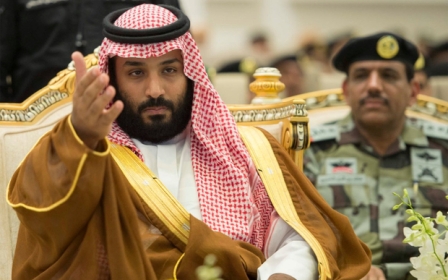Saudi Arabia 'releases eight people' held in women's rights crackdown

Saudi Arabia temporarily released eight people accused of communicating with organisations opposed to the kingdom and held nine others in detention, state news agency SPA reported on Saturday.
The public prosecutor said it had interrogated people who were arrested last month. Human rights groups and activists had identified them as women's rights activists.
In a statement, the public prosecutor said the detainees had admitted to communicating and cooperating with individuals and organisations opposed to the kingdom, recruiting people to get secret information to hurt the country's interests, and offering material and emotional support to hostile elements abroad.
The statement did not identify the detainees, and Reuters was unable to immediately verify their identity.
A total of 17 people had been arrested, eight of whom have been temporarily released, including five women and three men, the statement said. Nine people, five men and four women, remain in detention "after sufficient evidence was made available and for their confessions of charges attributed to them".
International rights watchdogs have reported the detention of at least 11 activists in the past few weeks, mostly women who previously campaigned for the right to drive and an end to the kingdom's male guardianship system, which requires women to obtain the consent of a male relative for major decisions.
The United Nations called on Saudi Arabia on 29 May to provide information about the arrested activists and ensure their legal rights were guaranteed.
The European Parliament last week approved a resolution calling for the unconditional release of the detained activists and other human rights defenders, while urging a more vocal response from EU nations.
"The Saudi Arabian authorities' endless harassment of women's rights activists is entirely unjustifiable, and the world must not remain silent on the repression of human rights defenders in the country," Samah Hadid, Amnesty International's Middle East director of campaigns, said last week.
"Saudi Arabia's allies - in particular the US, UK and France - must push Saudi Arabian authorities to end their targeted repression of human rights activists in the country."
The decision to lift a ban on women driving in the kingdom, set to come into force on 24 June, has been hailed as proof of a progressive trend. The recent arrests have soured that image.
The government announced two weeks ago that seven people had been arrested for suspicious contacts with foreign entities and offering financial support to "enemies overseas," and it said other suspects were being sought. It did not identify the detainees.
Last week, Saudi Arabia released four women's rights activists, fellow activists and Amnesty International said. The terms of their release were unclear.
Activists and diplomats have speculated that the new wave of arrests may be aimed at appeasing conservative elements opposed to social reforms pushed by Crown Prince Mohammed bin Salman. It may also be a message to activists not to push demands out of sync with the government's own agenda, they said.
State-backed media had labelled those held as "agents of embassies," unnerving diplomats in Saudi Arabia, a key ally of the United States.
Prince Mohammed has courted Western allies in a bid to open up the deeply conservative Muslim kingdom and diversify its oil-dependent economy, the region's largest.
New MEE newsletter: Jerusalem Dispatch
Sign up to get the latest insights and analysis on Israel-Palestine, alongside Turkey Unpacked and other MEE newsletters
Middle East Eye delivers independent and unrivalled coverage and analysis of the Middle East, North Africa and beyond. To learn more about republishing this content and the associated fees, please fill out this form. More about MEE can be found here.




